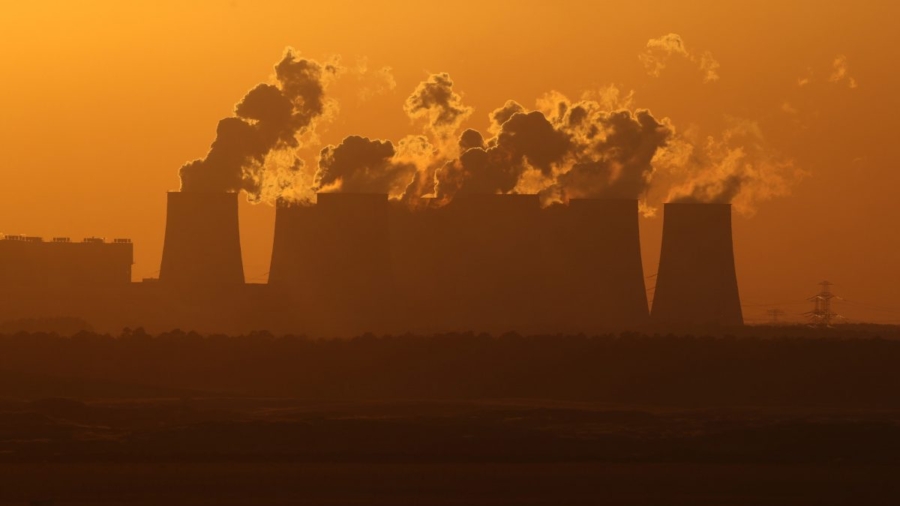A Finnish study done by researchers at the University of Turku found that mankind only accounts for a minute portion of the global temperature change over the past 100 years.
Jyrki Kauppinen and Pekka Malmi from the Department of Physics and Astronomy, University of Turku, claim in their paper (pdf), entitled “No experimental evidence for the significant anthropogenic (man-made) climate change,” published on June 29.
“The IPCC (Intergovernmental Panel on Climate Change) climate sensitivity is about one order of magnitude (i.e. 10 times) too high, because a strong negative feedback of the clouds is missing in climate models. If we pay attention to the fact that only a small part of the increased CO2 concentration is anthropogenic, we have to recognize that the anthropogenic climate change does not exist in practice.”
According to the study, even though the global temperature has risen by 0.1 degrees celsius the past 100 years, human activity only accounts for a tenth of that amount, about 0.01 degrees celsius, a negligible amount.
They claim that the IPCC’s findings overestimate the influence of CO2 on climate change and human activities which contribute to the global temperature rise.
Furthermore, they claim that they have only used experimental evidence in their study, whereas researchers of the IPCC formulated statements are based on computational results, which filtered out the tremendous influence of cloud formation because it simply didn’t fit their theory.
“That is why those models give a very small natural temperature change leaving a very large change for the contribution of the greenhouse gases in the observed temperature,” The report said.
Instead, their findings point out that low cloud formations are responsible for climate change, they claim. “The changes in the low cloud cover fraction practically control the global temperature.”
These findings corroborate well with a report by researchers from the University of Kobe in Japan, published on June 28, entitled, “Revealing the impact of cosmic rays on the Earth’s climate,” that also states that cloud formations—that often go unnoticed by regularly used computing models—make up for the most part of climate change.
Prof. Masayuki Hyodo and his team Yusuke Ueno, Tianshui Yang, and Shigehiro Katoh from the University of Kobe theorize that cloud formation is dependent on the earth’s receptivity of galactic cosmic rays, which is in inversely proportional to the power of the earth’s magnetic field.
The Kobe team argues that 780,000 years ago, earth witnessed a similar magnetic low which caused a correspondingly high amount of cosmic rays to reach the surface. This, in turn, spurred powerful windstorms and dust storms which in turn provoked more cloud activity, resulting in an “umbrella effect.”
Or, in their own words: “When galactic cosmic rays increased during the Earth’s last geomagnetic reversal transition 780,000 years ago, the umbrella effect of low-cloud cover led to high atmospheric pressure in Siberia, causing the East Asian winter monsoon to become stronger. This is evidence that galactic cosmic rays influence changes in the Earth’s climate.”
IPCC advocates have, in turn, criticized the Turku report for not being peer-reviewed and also argued that the Finnish team admittedly rejected climate computing models, although their own report relied on such models.
Non-peer-reviewed manuscript incorrectly claims natural cloud changes explain global warming
Many blogs covered this paper without any factchecking (incl. Infowars, Zerohedge, wattsupwiththat, Sputnik, RT, NaturalNews…)
Scientists’ review:https://t.co/Fyz4cpqmvT— Climate Feedback (@ClimateFdbk) July 12, 2019
The theory of human influence on CO2 levels in the atmosphere and its effect on climate change faces ongoing scientific and political debate for the years to come.

